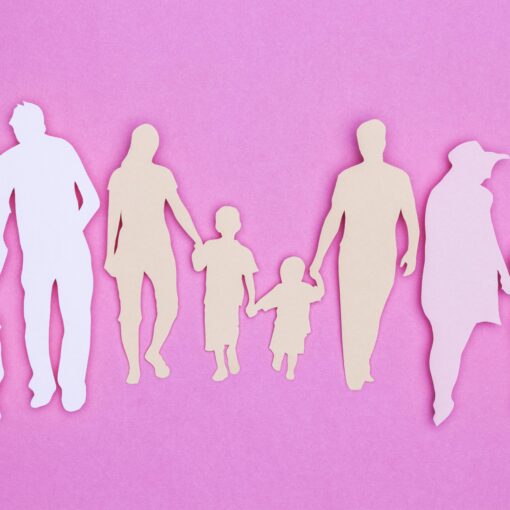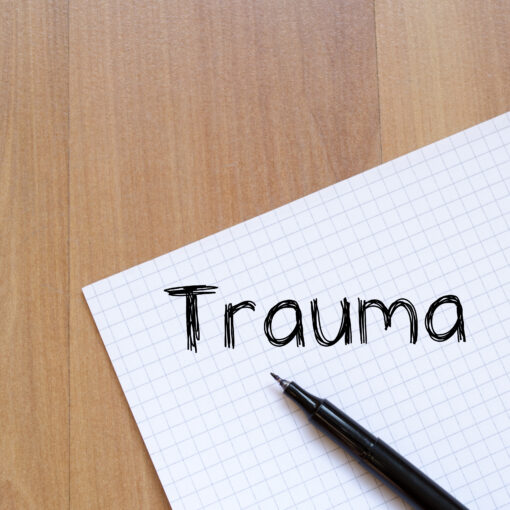What’s the Difference Between Stress and Anxiety?
Many people think anxiety and stress go hand-in-hand. While the two can certainly be connected, that doesn’t mean they’re the same thing. Stress can trigger anxiety, and anxiety can cause stress. But how are they different?
Unfortunately, both stress and anxiety are incredibly common in today’s society. But they’re easier to manage when you understand the source and the symptoms. Let’s take a closer look at some of those differences so you can determine what you’re really dealing with.
What Is Stress?

Everyone experiences stress almost every day. In fact, a little bit of stress can actually be a good thing, serving as a motivational tool. But, excessive stress can lead to feelings of fatigue and burnout, and cause you to start to worry about the sources of your stressors. Stress can even cause you to struggle with sleep, trigger digestive issues, and turn into anger and irritability.
Some of those symptoms cross over with anxiety. For example, people who struggle with anxiety often have difficulty sleeping and can be irritable and exhausted all at once. So, what’s the difference? Stress has a specific cause.
What Is Anxiety?
While many anxiety and stress symptoms are the same, there doesn’t necessarily need to be a tangible stressor for anxiety symptoms to occur. Instead, anxiety is defined as a persistent type of worry that doesn’t go away, even when there isn’t a clear trigger or reason to be anxious. Many people who experience anxiety fall victim to “what if” scenarios in their minds. So, even if there is no real threat of danger or anything to be particularly anxious about, they’ll still struggle.
Can Stress Turn Into Anxiety?
Prolonged periods of stress can absolutely trigger anxiety. Stress isn’t just a mental health issue. It creates physical reactions thanks to the production of the cortisol hormone. Often known as the stress hormone, an increase in cortisol production can lead to anxiety because your mind and body have a harder time fighting back against it.
Additionally, stress can create problems at work, in your relationships, and even in keeping up with everyday tasks. The more difficult those things become, the more likely you are to feel anxious about them. So, are anxiety and stress the same thing? No. But, letting your stress linger for too long can lead to anxiety and create bigger, longer-lasting issues.
Perfectionism and Procrastination

One of common features of anxiety is procrastination. And, procrastination can be related to perfectionism. Perfectionism by no way means that we are “perfect” but rather that we sometimes set the bar so high in our mind, thinking that things have to be “just so” before we start, that we delay taking ANY action – this then links to procrastination.
Delays in taking action then causes or increases anxiety. And, when this occurs in multiple areas of life, it can be overwhelming and debillitating.
How to Manage Stress and Anxiety
There’s no way to avoid stress. As stated above, you’ll experience it nearly every day. But there are things you can do to manage it, including practicing mindfulness, self-care, and trying to eliminate as many stressors from your life as possible. These simple practices can make a big difference in helping you feel more relaxed each day.
Thankfully, many of the same strategies can help with anxiety. Things like meditation, mindfulness, and deep breathing are all good ways to deal with the symptoms. However, now that you know the difference between anxiety and stress, the best way to actually treat anxiety is to get to the root cause.
While pinpointing what’s causing stress in your life is often easy, anxiety can feel more like a gray area. Talking with a mental health professional can help you discover that source, so you can start to work on overcoming it while recognizing that you don’t have to do it alone.
Ask for Help Now!
If you regularly feel overwhelmed with stress or think you’re already struggling with anxiety, don’t hesitate to ask for help. Feel free to text/call the Wellness Matters intake coordinator at 218-616-1276 to set up an appointment to learn more about the signs and symptoms of anxiety and how they differ from stress.
Wellness Matters has immediate appointment openings. Read more about our therapists and the services that we provide in the “About Us” tab.




